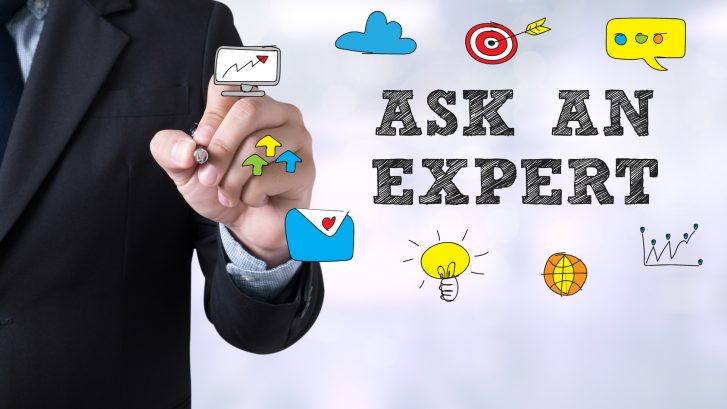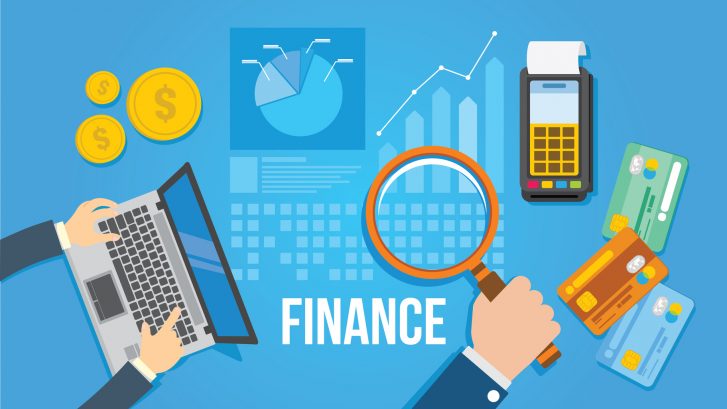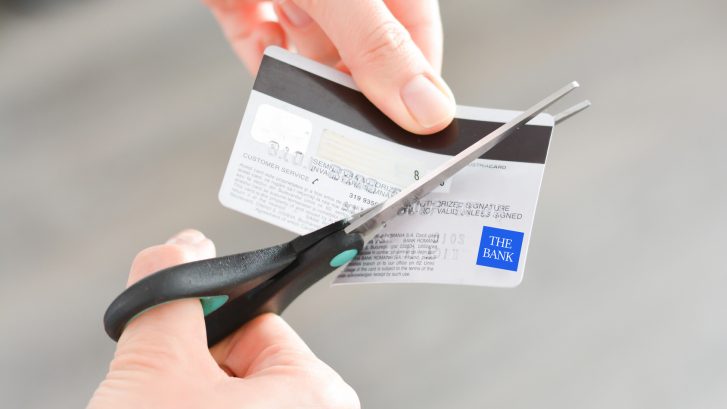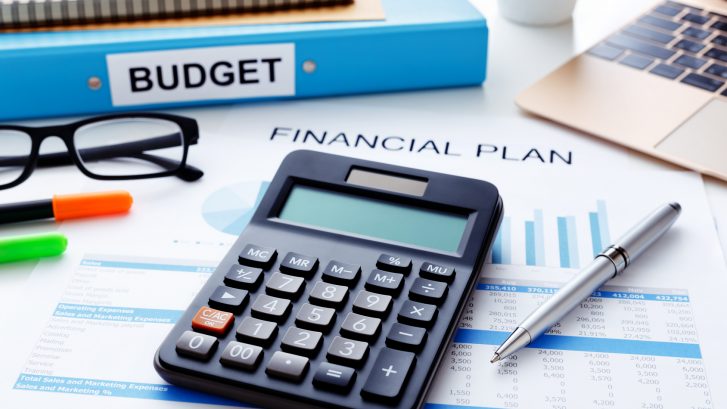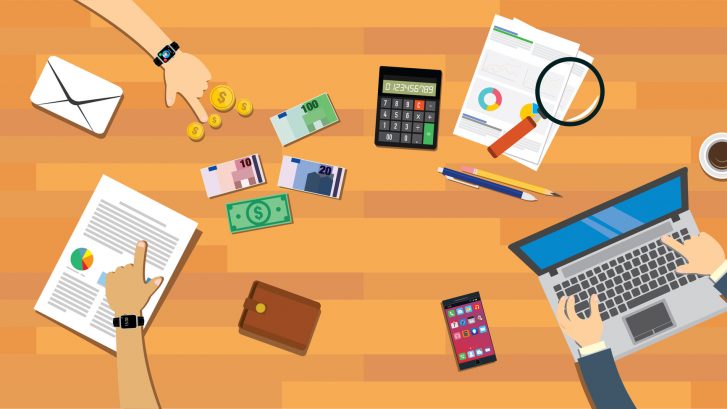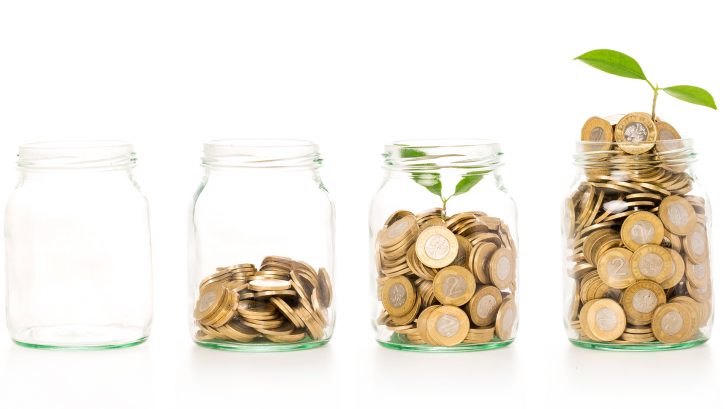5 Top Financial Experts to Pay Attention to
Are you in need of financial advice but don’t know who to turn to? Try these consensus best financial experts for your personal finance advice.
Keyword(s): Financial Experts
Personal finance is just that: personal. Everyone has different goals and different barriers to achieving them.
But you don’t have to reinvent the wheel to reach your financial goals – no matter how personal or unique they are. That’s why we have financial experts.
There are people out there who have dedicated their lives to helping people achieve financial freedom whatever their path. And they all offer different methods for doing just that.
Want to know if there’s a pro out there who is right for you?
Check out these five financial experts:
Dave Ramsey – Eliminating Debt
Dave Ramsey first got into personal finance in the 1980s when he dove into the foreclosure real estate market. His portfolio was worth around $4 million.
Then, he lost everything.
After working his way up the financial ladder only to tumble back down, Ramsey knew he had to start over. He also knew he had to do things differently.
Today, Ramsey runs a popular AM radio show and has authored several popular money books. His message is consistent throughout: avoid debt.
His status as one of the top financial experts lies in that his advice is simple to understand. But it is also a fundamental part of money management. Essentially, he provides great advice for those who need help turning their lives (and finances) around.
Ramsey hates credit cards and prioritizes paying off debt above anything else. He advocates for putting aside a $1,000 emergency fund, forgetting about retirement, and then going hog wild on any debts incurring interest, starting with the smallest balance first.
Essentially, he argues that once you’ve eliminated all your debt, you’re free to save for all kinds of other things.
So, if you maxed out a few credit cards in your youth (or adulthood) and need to figure out how to pay off that high-interest debt, Dave Ramsey is your man and the debt snowball is your plan.
Grant Cardone – Adding Income Streams
Grant Cardone is a professional sales trainer with a unique message for his followers: spending and debt aren’t a big deal.
His trick? Simply make more money.
Cardone is a big believer in potential – earning potential. The best way to deal with the expenses associated with daily life is not to minimize debt or whittle your household budget down to next to nothing.
Instead, those looking for financial freedom should aim to catapult themselves into the high-earner category. You know, the St. Barth’s at New Year and Martha’s Vineyard in the summer crowd.
His perspective on spending is different from most other money management gurus, but Cardone knows what he’s talking about. He’s currently living his own advice.
Cardone used his own finances and traditional bank loans to snap up $350 million in multi-family residential real estate across the United States. His real estate side-hustle provides him with enough extra income to own and maintain a Gulfstream G200 private jet.
Check out Cardone on social media to see into the life of one self-made multimillionaire and grab some inspiration for a side hustle of your own.
Gerald Celente – Surviving Financial Apocalypse
Gerald Celente is the economist best known for forecasting and managing trends.
What does that mean? He reads current events and analyzes them (without political bias). That analysis is used to see into the future – the financial future.
Celente looks for the warning signs that signal upcoming financial meltdowns.
He’s the one who got you interested in the subprime auto-loan bomb poised to damage the American economy.
He’s worried about the threat of war sending gold prices through the roof and the imminent collapse of the financial markets because of the humungous debt.
He worries a lot.
His forecasts are not filled with rainbows and sunshine. But they are of use to those who want to future proof their finances in the event of another economic crisis.
Chris Hogan – Preparing for Retirement
Chris Hogan is a member of the Dave Ramsey team. His mission? To prepare Americans for a long, relaxing retirement.
Speaking as a former banker, Hogan says those looking forward to retirement need to consider what kind of retirement they want to have. He and his team developed what they call the R:IQ – or the Retire Inspired Quotient.
The goal is to help anyone thinking about retirement – at 30 or at 60 – figure out what they want from retirement. Once you know what you want, it is far easier to transition into actively planning and saving for it.
Hogan doesn’t want you to throw a random amount of money into a retirement account and call it good. He wants clients and readers to get what they want out of their retirement years whether that means living frugally or finally splashing out.
Chris Hogan’s advice is ideal for anyone who is ready to start thinking about the future they want whether you’re 35 or 65.
Tony Robbins – Creating a Mindset for Success
Tony Robbins is a financial coach, but he’s also a self-proclaimed life success coach.
Rather than bad-mouthing credit cards or focusing on trimming your budget, Robbins wants to help create mindsets prepared for success.
That means he wants to talk about more than numbers. Robbins is also interested in helping you develop the mindset required to make changes to your financial situation.
Robbins offers a series of mind development tools that allow anyone to better prepare themselves as a whole and support financial success. He talks about dedicating time to reading, giving back, asking the right questions, and learning to visualize your goals.
Effectively, Robbins offers a more holistic view of personal finance centered on personal responsibility.
Robbin’s advice is great for people who know the basics of personal finance, but who need to alter the way they think to match what they know.
There is a financial expert out there for everybody regardless of age or financial goals. There’s no need to blaze a new path when you can take the most lucrative road available.
Have you thought long and hard about your own personal goals? Have any tips you’d love to share? Let us know in the comments below.

